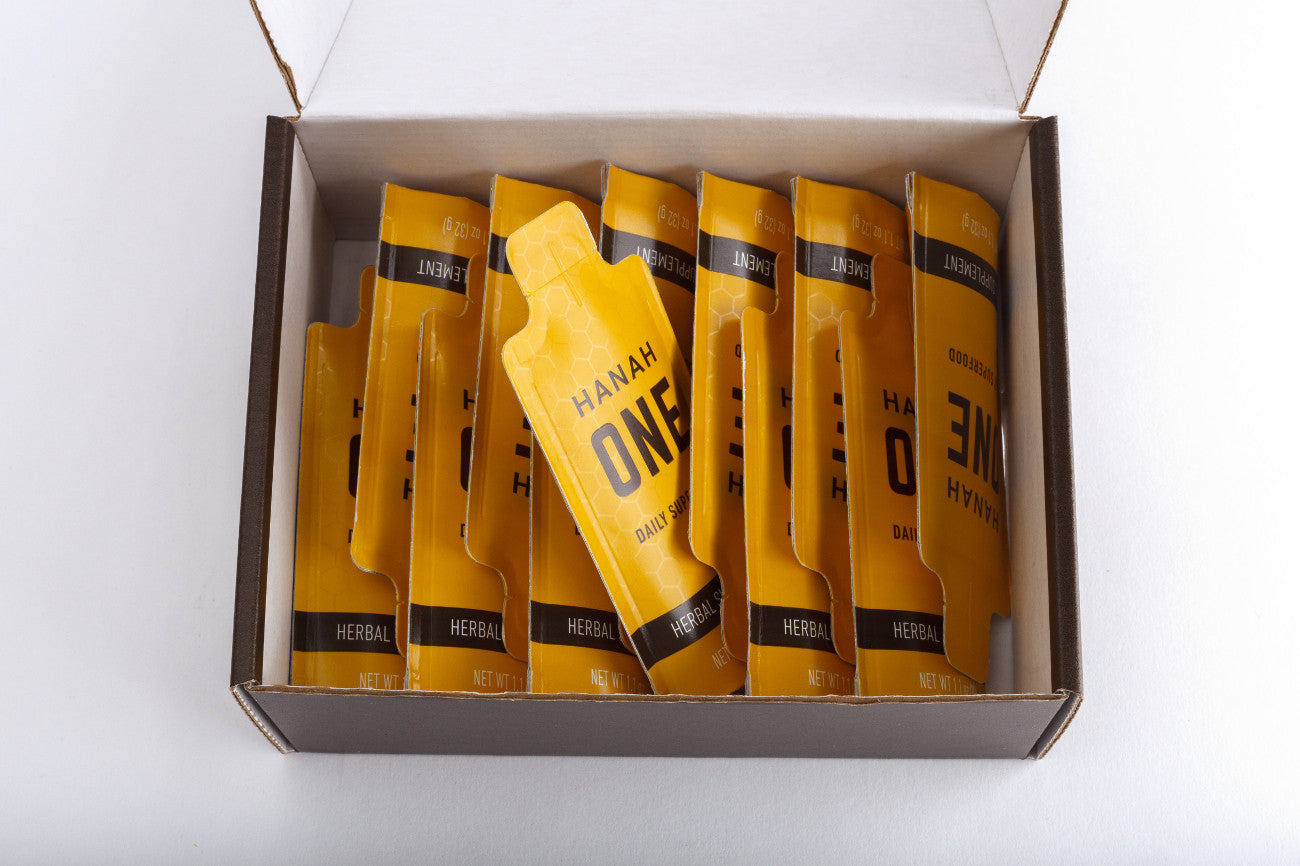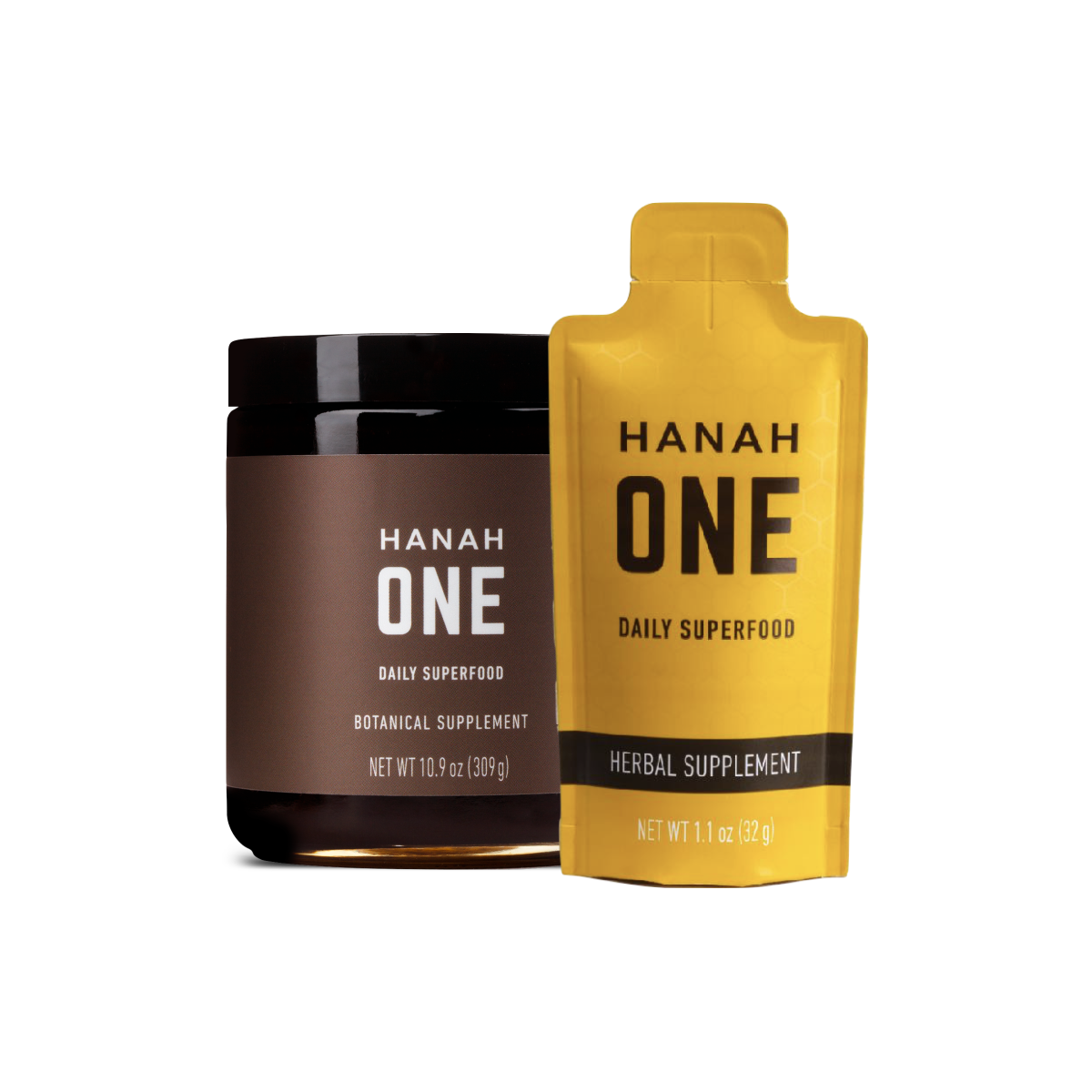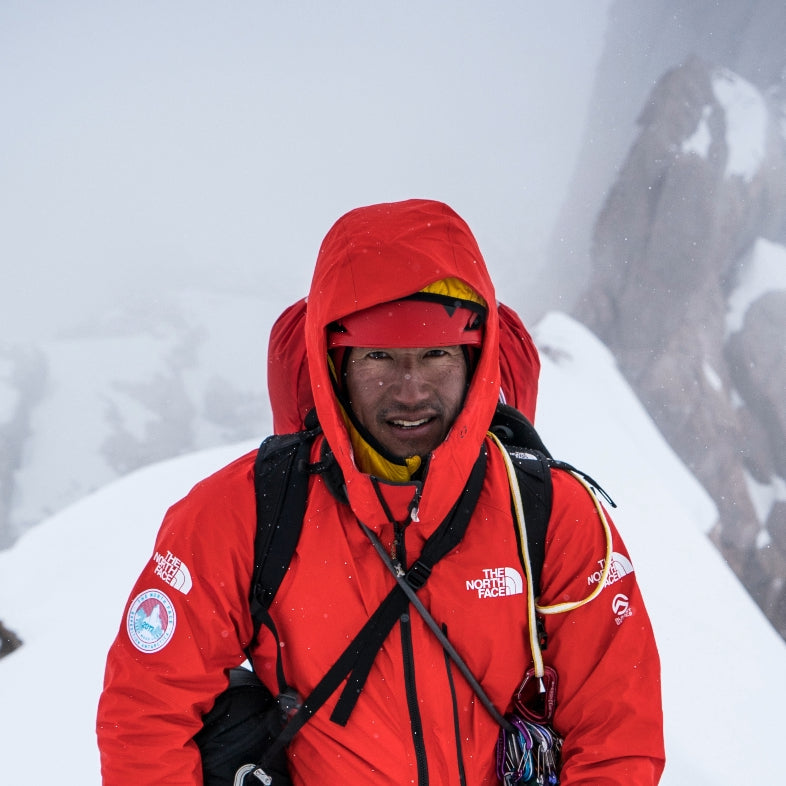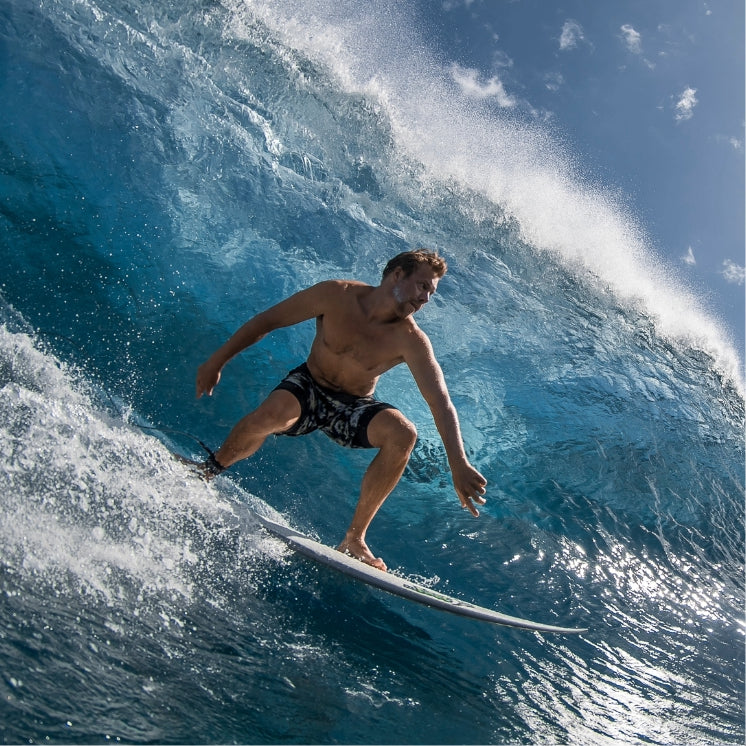Quick energy, lasting impact: the energy gel that lasts centuries

Single-use, plastic packaging is a huge, planet-wide problem. But it's not just water bottles we're talking about; US consumers are expected to use 24 billion stand-up pouches a year by 2018, many of them made of plastic. Plastic takes hundreds of years to biodegrade, and only about 1/3 of it is recycled.
The waste created by a single large sporting event can be as much as 100 metric tons a day. To give you perspective, that’s about as much mass as a blue whale, the largest animal on earth.
Speaking of whales, most of the single use plastic that isn’t recycled ends up in the ocean. A 2015 study estimated that 4-12 million metric tons of plastic enter the ocean every year. That’s many times more mass than the weight of the entire global population of blue whales in our oceans. Plastic pieces outnumber plankton by a ratio of 6:1. We have a global plastic problem.
These single-use packs are BPA free and use 93% less plastic than traditional single packs.
After launching HANAH in San Francisco, I found myself facing a huge packaging dilemma. We had been importing HANAH ONE and putting it into glass jars in the U.S. The product has the consistency of honey, and TSA was not always willing to let us bring our jars through security checkpoints. Our friends who wanted to take HANAH ONE on hikes and long rides craved an alternative to the heavy bottle. So many of us who loved HANAH ONE needed an easier way to take our daily supplement with us on our adventures.
Thus began months of research in the sports pack world. What we discovered was alarming: Single use plastics were everywhere. The argument for the use of plastics is strong: Plastics help to reduce food waste by keeping products fresh longer, use less packaging mass compared to other materials, prevent contamination, and improve transportation efficiency. But the cost is too high.
We needed single use packs, but I couldn’t start using these single use plastics for HANAH ONE without looking for a more sustainable solution.
After scouring the single pack market, we were able to find one company that is doing their best to change the game: XELA pack. These single use packs are BPA free and use 93% less plastic than traditional single packs. We found our partners in the fight to reduce the impact on our planet while maintaining the health and comfort of our friends.
Plastic is harmful to our environment, and reduction of plastic use is an environmental necessity. Please join us in the fight to reduce plastic waste in our world. If you use plastic, reuse it…then recycle it. Don’t let it end up in the ocean.
DISCLAIMER
Statements throughout this publication have not been evaluated by the FDA. These products are not intended to diagnose, treat, cure or prevent any disease process.








Leave a comment
This site is protected by hCaptcha and the hCaptcha Privacy Policy and Terms of Service apply.